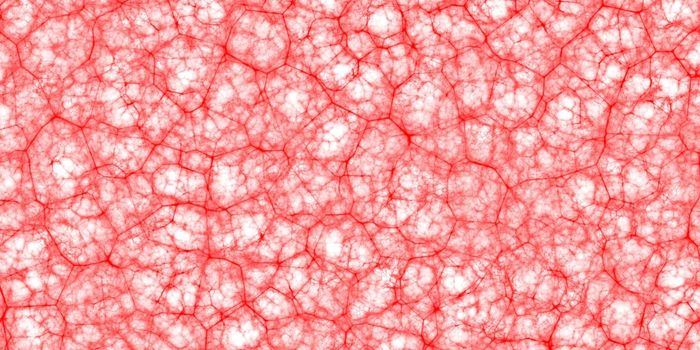Electrical Stimulation of Eyes Improves Symptoms of Alzheimer's, Depression

The World Health Organization (WHO) estimates that around 5% of adults globally suffer from depression. Common treatments involve psychotherapy or anti-depressant drugs.
In 2015, researchers reported that deep brain stimulation of the prefrontal cortex could improve memory function and relieve depressive symptoms in animals. The technique, however, is highly invasive as it involves implanting electrodes into the brain and may thus lead to side effects, including infection and post-operative complications.
The World Health Organization also estimated that around 55 million people live with dementia globally and that there are almost 10 million new cases each year. They further note that Alzheimer's disease makes up between 60-70% of dementia cases. There is currently no treatment available to 'cure' dementia.
In the current study, researchers sought to see whether non-invasive stimulation of the eye's corneal surface- known as transcorneal electrical stimulation (TES)- may affect neural pathways in a way that could alleviate symptoms of depression and Alzheimer's disease.
To do so, they delivered TES to two mouse models, including aged mice and a mouse model of Alzheimer's disease. After three weeks of TES treatment, the researchers observed the mice in a Y-maze and Morris water maze to assess their hippocampal-dependent learning and memory.
In doing so, they found that TES improved the memory of both groups of mice. The technique also reduced a key hallmark of Alzheimer's disease- hippocampal plaque deposition- in male, but not female, mice with Alzheimer's-like symptoms.
They further noted that the technique induced gene expression linked to the development and growth of brain cells in the hippocampus.
They also reported that the technique induced anti-depressant-like effects and reduced stress hormones in animal models of depression.
'These research findings pave the way for new therapeutic opportunities to develop a novel treatment for patients suffering from treatment-resistant depression and dementia. Nevertheless, clinical trials must be conducted to validate the efficacy and safety,' said Dr. Leanne Chan Lai-hang, Associate Professor in the Department of Electrical Engineering at the City University of Hong Kong, one of the authors of the study.
Sources: Science Daily, Annals of the New York Academy of Sciences








